Picture this: you’re a Billboard charting artist with a brand new album and a song that hit No. 1 on the Hot 100 Chart over the summer — all thanks to the magic that is the 15-second TikTok “sound.”
Your North American tour just sold out. You’re on stage, a crowd of young fans screaming your name with their hands in the air. You get through the exceptionally catchy chorus of your hit song, and hold the mic out to the crowd so they can sing the next line. You’re living the dream, right?
Wrong.
Because here’s the catch — the crowd goes silent. They don’t know any of your other lyrics. And, to tie the evening up in a nice (albeit overpriced) bow, fans keep interrupting your songs, and won’t stop throwing miscellaneous garbage at your head — a curious new strategy to generate a raw reaction from the artist, and maybe even a picture taken by the leading man himself!
This has been the concert-going experience as of late on Steve Lacy’s new “Give You the World” tour, and it’s finally culminated in more than just a palpable, silent tension between the artist and the crowd. Last week, Lacy snatched a fan’s camera and smashed it to the ground before abruptly ending the set and storming off stage.
This kind of artist frustration has been seen long before Lacy’s concerts. This past July, Kid Cudi left his set early at Rolling Loud after being pelted with water bottles, and later that month at Lollapalooza, rapper Lil Durk was visibly shaken after being injured by a pyrotechnic that was thrown in his face from the crowd.
It begs an important question — at what point did concerts become a fan-fueled spectacle rather than a celebration of an artist’s creation?
The likely answer? The birth of a new live music movement, born in the wake of the COVID-19 pandemic. But this anti-renaissance is not a celebration of the return of concerts — rather, it’s an obsession with what these performances might create: viral online content.
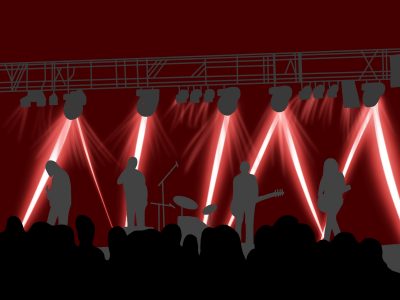
One aptly timed picture, one perfectly targeted water bottle — all of these things generate raw emotions from the artist, and, when filmed at the right time, inevitably result in massively viral videos.
TikTok clips of Lacy’s concert last week have generated hundreds of thousands of views alone, and videos that were shared of the show on Twitter last week also trended.
And while one might assume that this exhibition of artist harassment and frustration would be condemned by viewers, this is far from the case. It seems that a new perspective has accompanied this movement — one in which fans now consider the artist at their disposal, a puppet performing for their enjoyment and satisfaction, rather than a person sharing their work.
Mitski, a well-known performing artist, put into words this dilemma better than I ever could. Speaking to “Huck” magazine, she shared a poignant statement about her recent live performances: “it’s sad to go on stage and now be conscious of the fact that, to some of the people in front of me, I am a dancing monkey.”
It’s a sad reality, but this is who the average concert-goer has become — an unwanted Machiavelli, the illusive owner of this “dancing monkey,” wielding garbage and a camera, prodding and exploiting someone who is simply trying to do their job.
Here is what needs to be remembered: music is not created solely to generate trends and kitschy dances, and concerts aren’t meant to be a breeding ground for viral videos. It seems that consumers have forgotten that music is not only a profession, but an art form, an expression of emotion, gifted — not given — by the artist to us.
To determine a musician’s value based on how well their performance supports your 15 seconds of online fame diminishes a crucial form of self-expression and passion. And attempting to thwart such live performances in order to “go viral” does more than waste their time and your money — it expresses a lack of respect for the artist, and for every person in the crowd who finds solace in their art.
So keep a tight grip on your phones and water bottles the next time you head to TD Garden or the Roadrunner or even Paradise Rock Club. Better yet, slip the phone into your back pocket, tune out the people around you. Focus on the artist, the songs they’re playing for you and the electric current of their melodies.
Trust me — life is much better lived when we value art over virality.





















































































































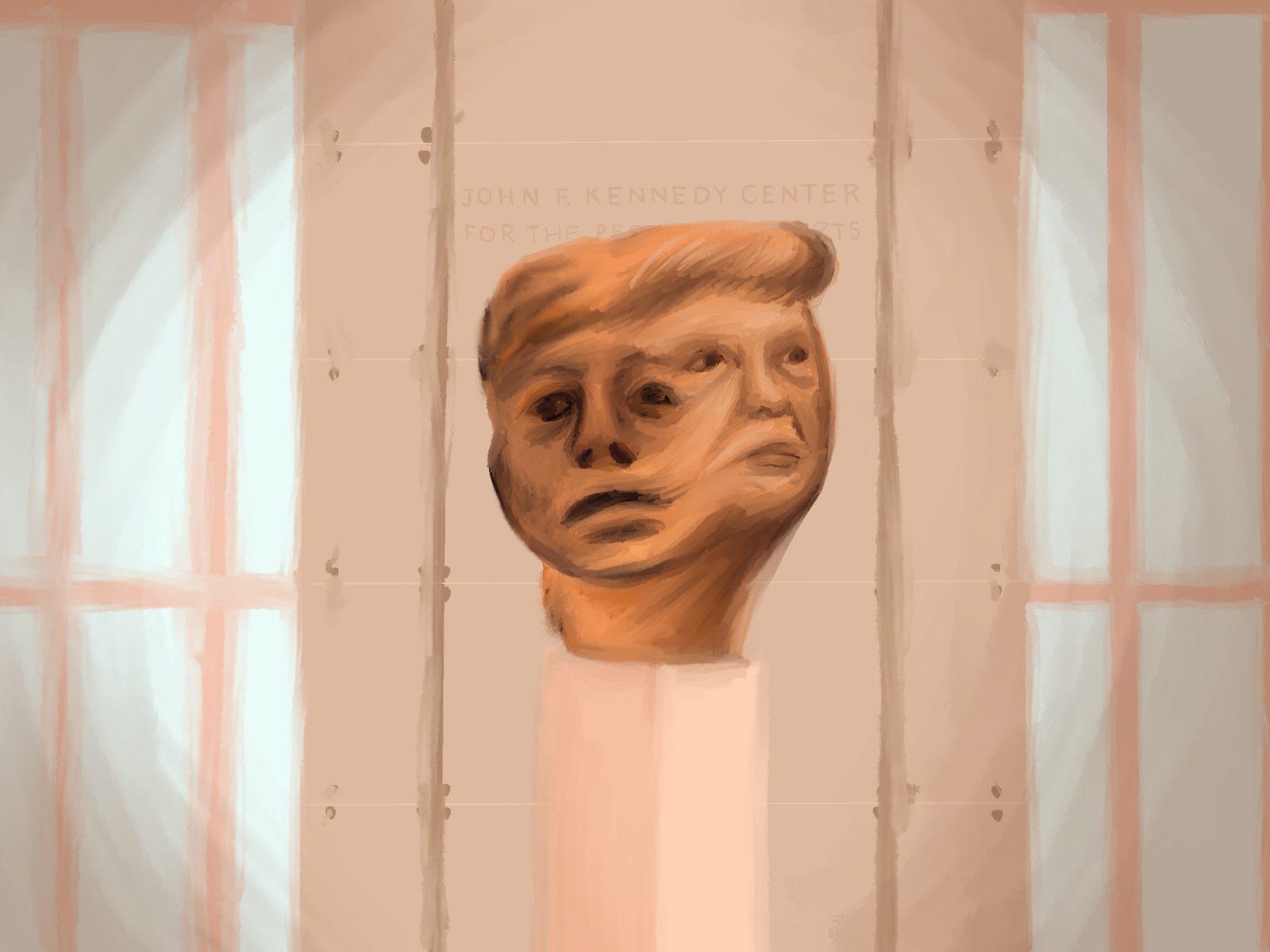
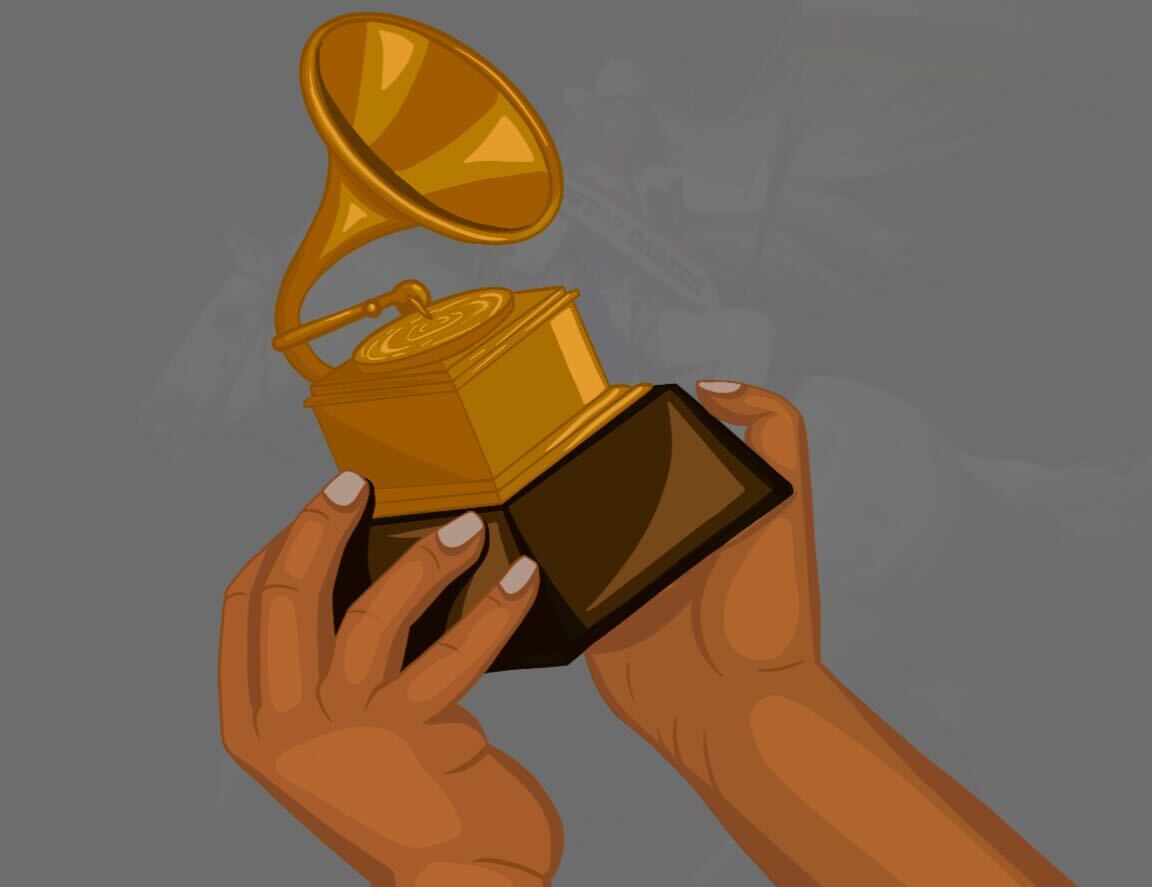
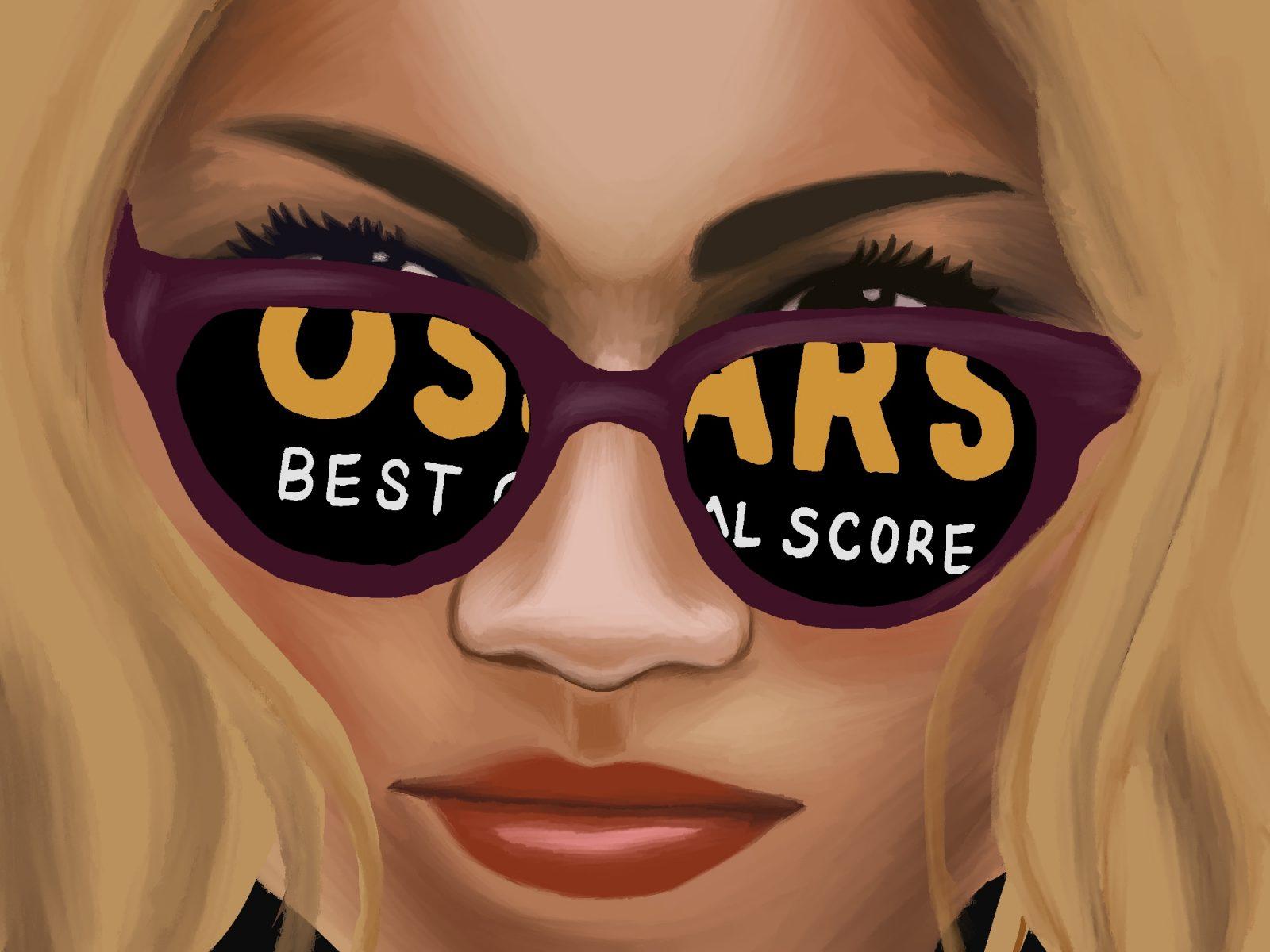
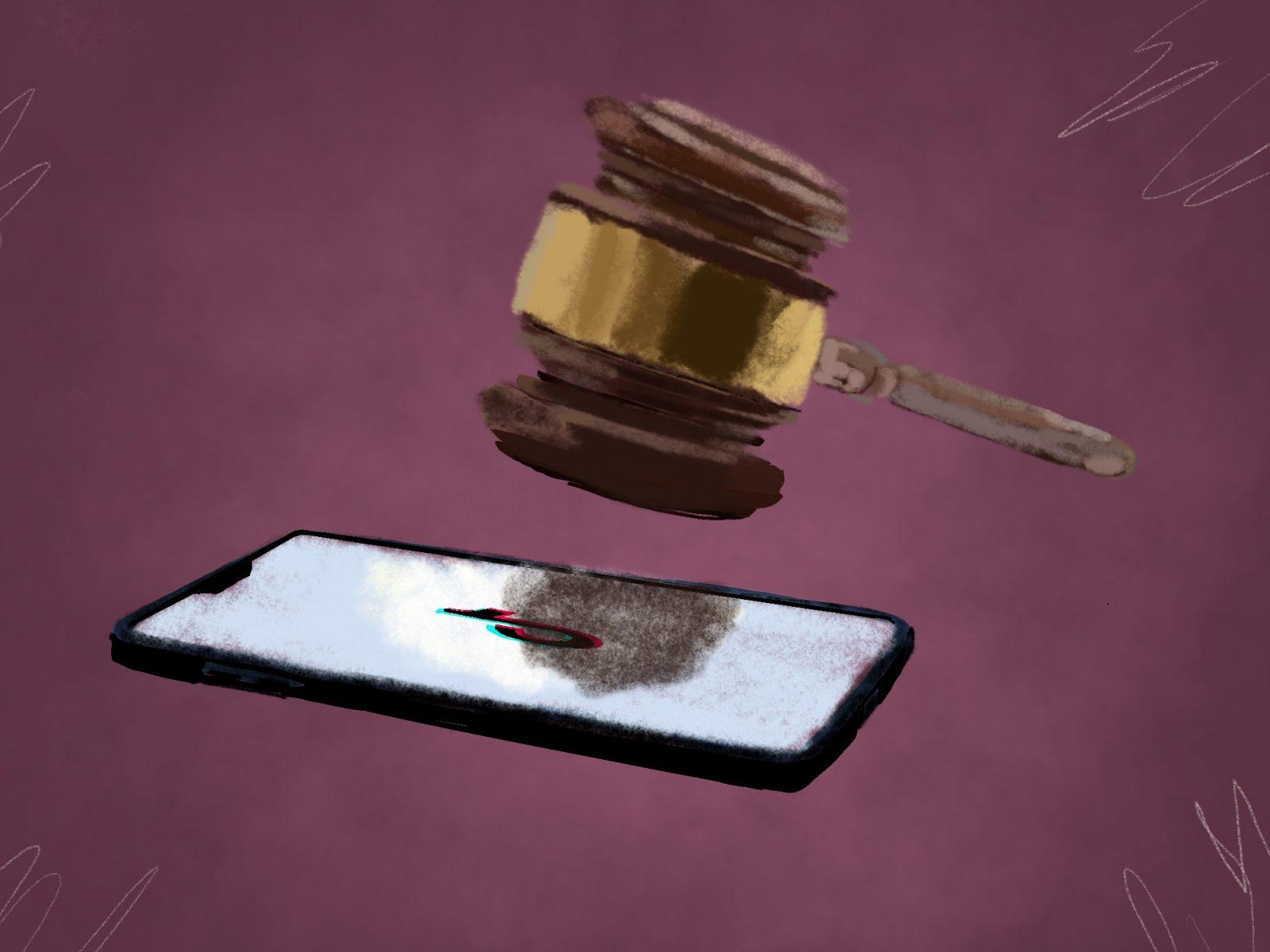
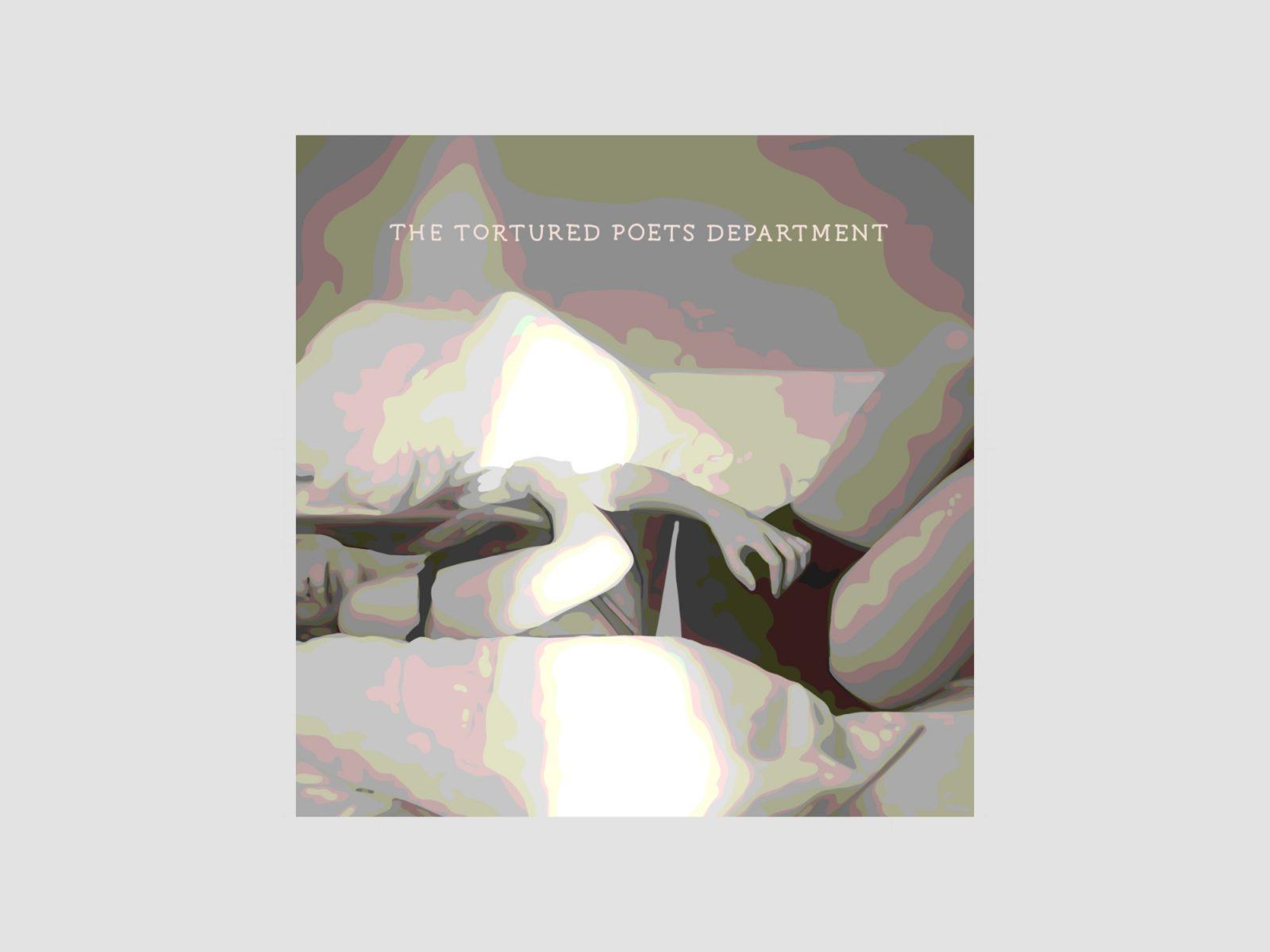

Anita LaBelle • Nov 4, 2022 at 1:52 pm
Excellent points raised in such an articulate manner. Awesome article!
Alaina Dietz • Nov 4, 2022 at 7:41 am
Poignant and heartfelt- this is rich with your love and appreciation for music. Beautifully put.